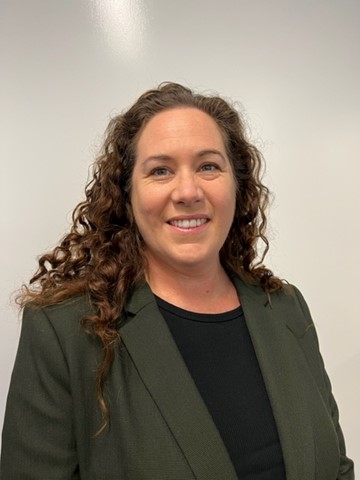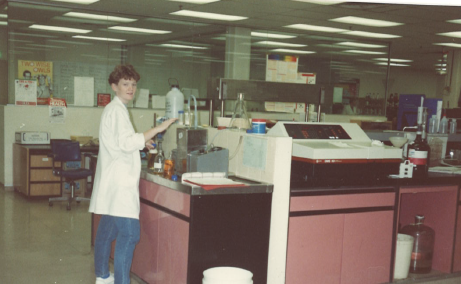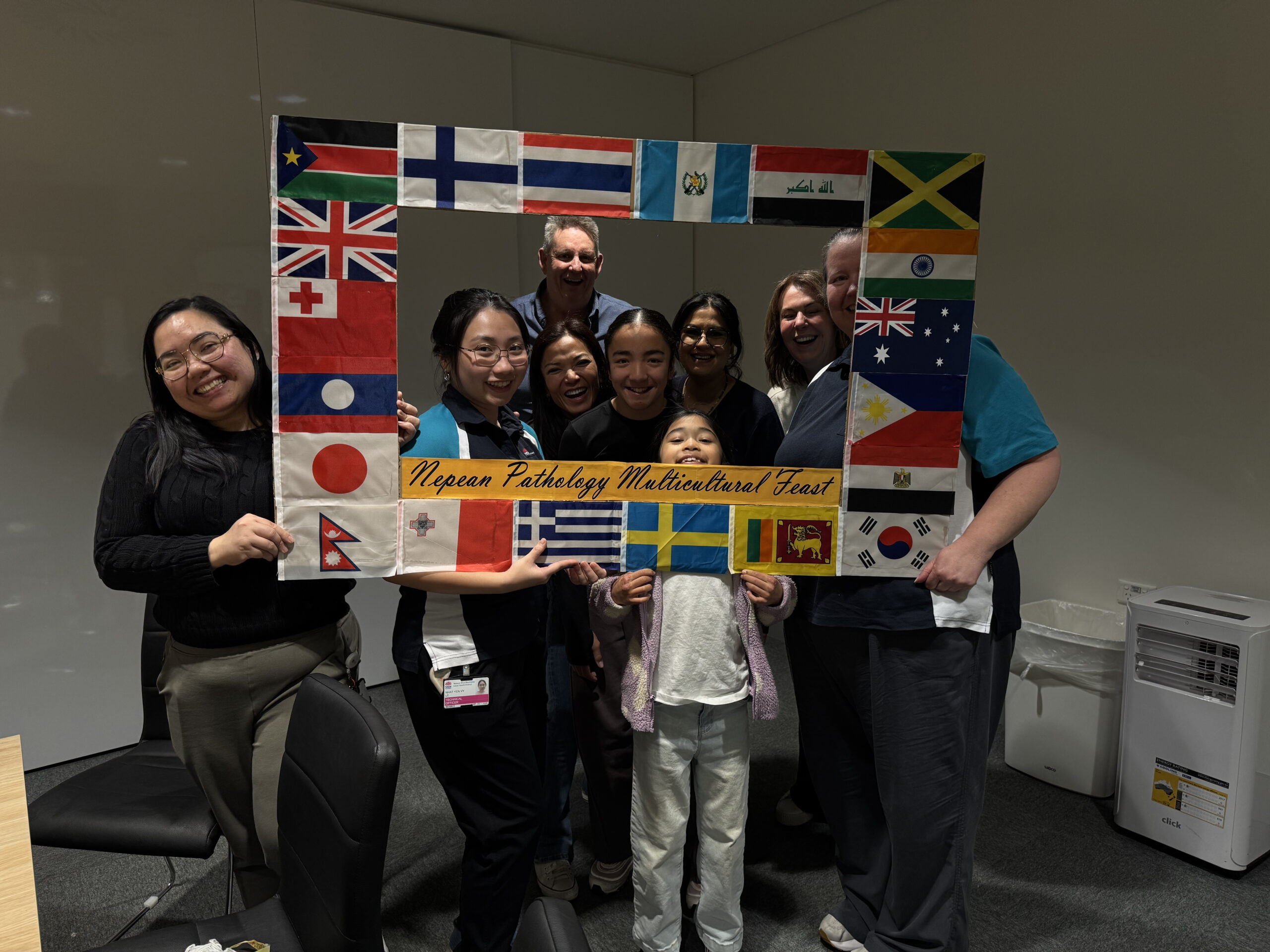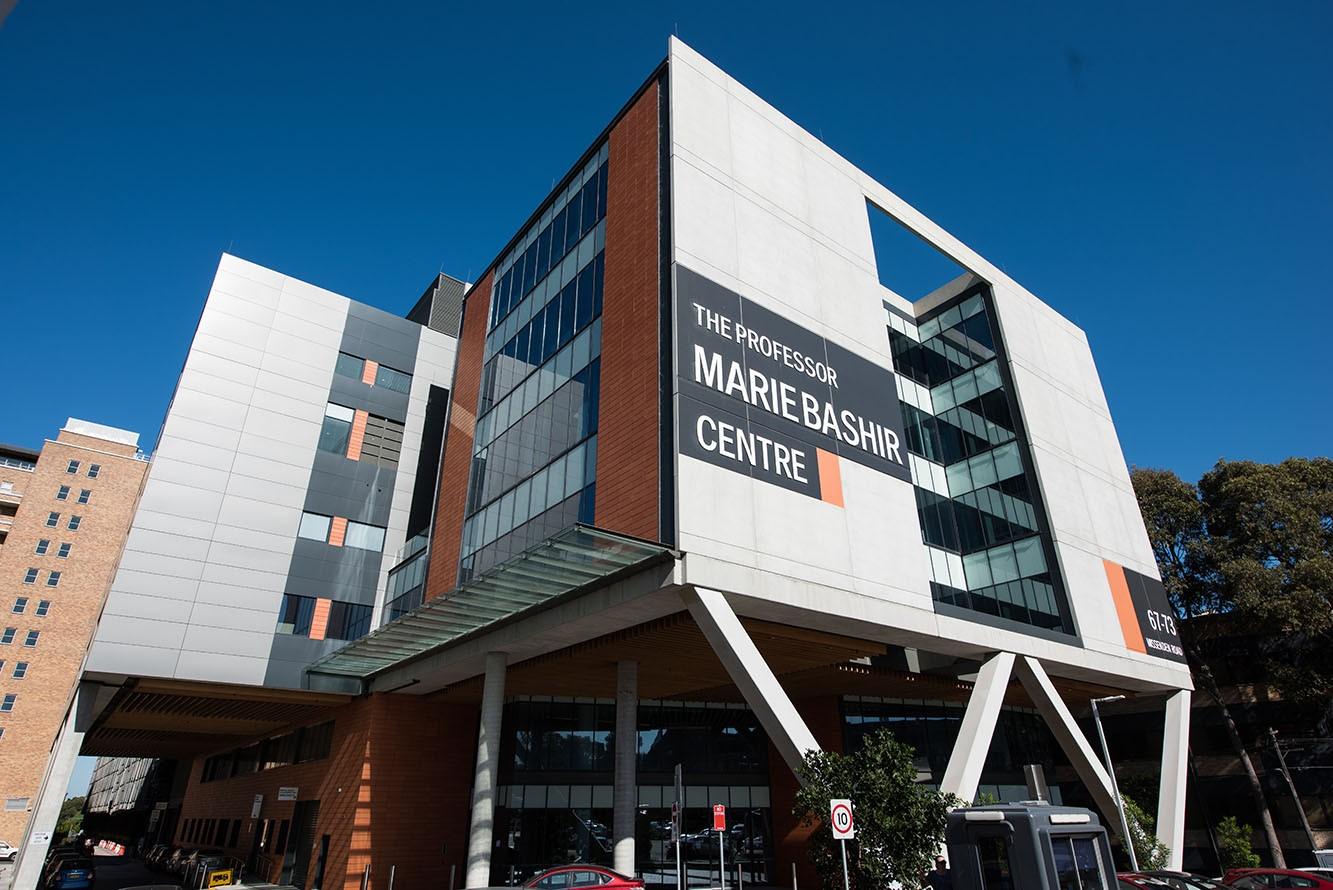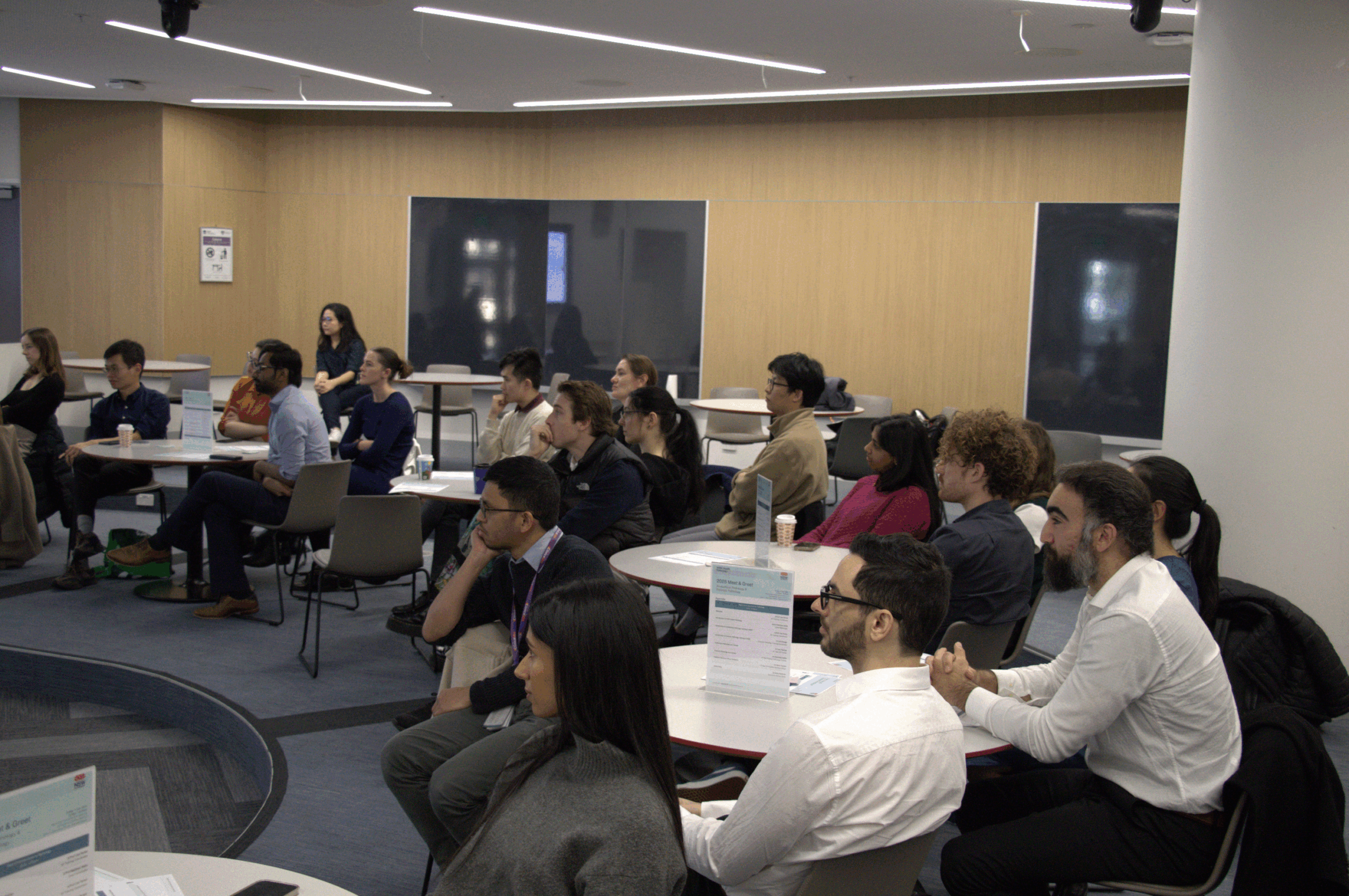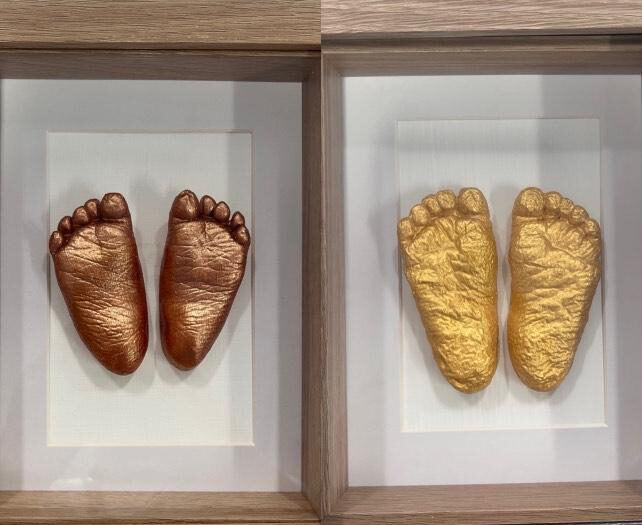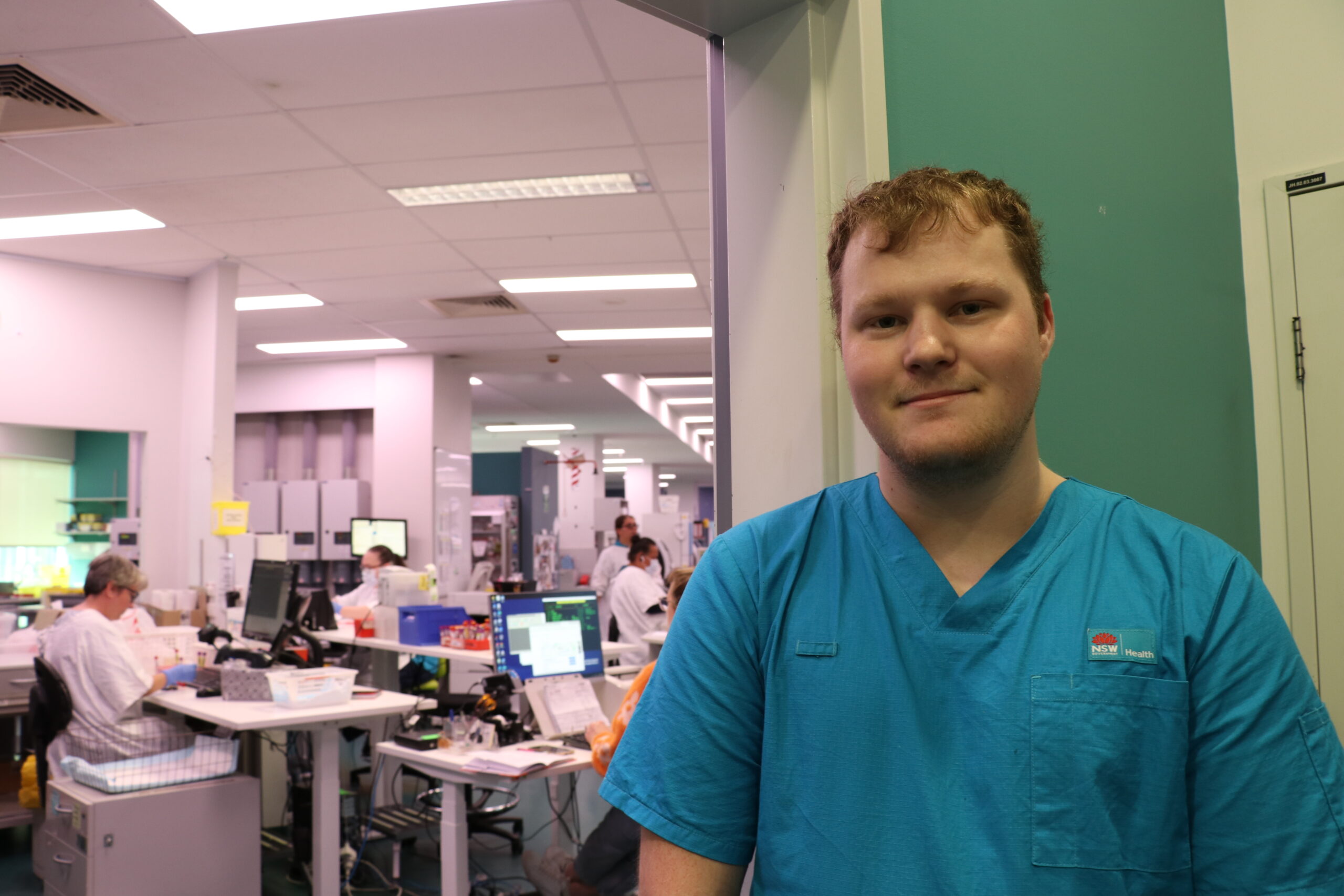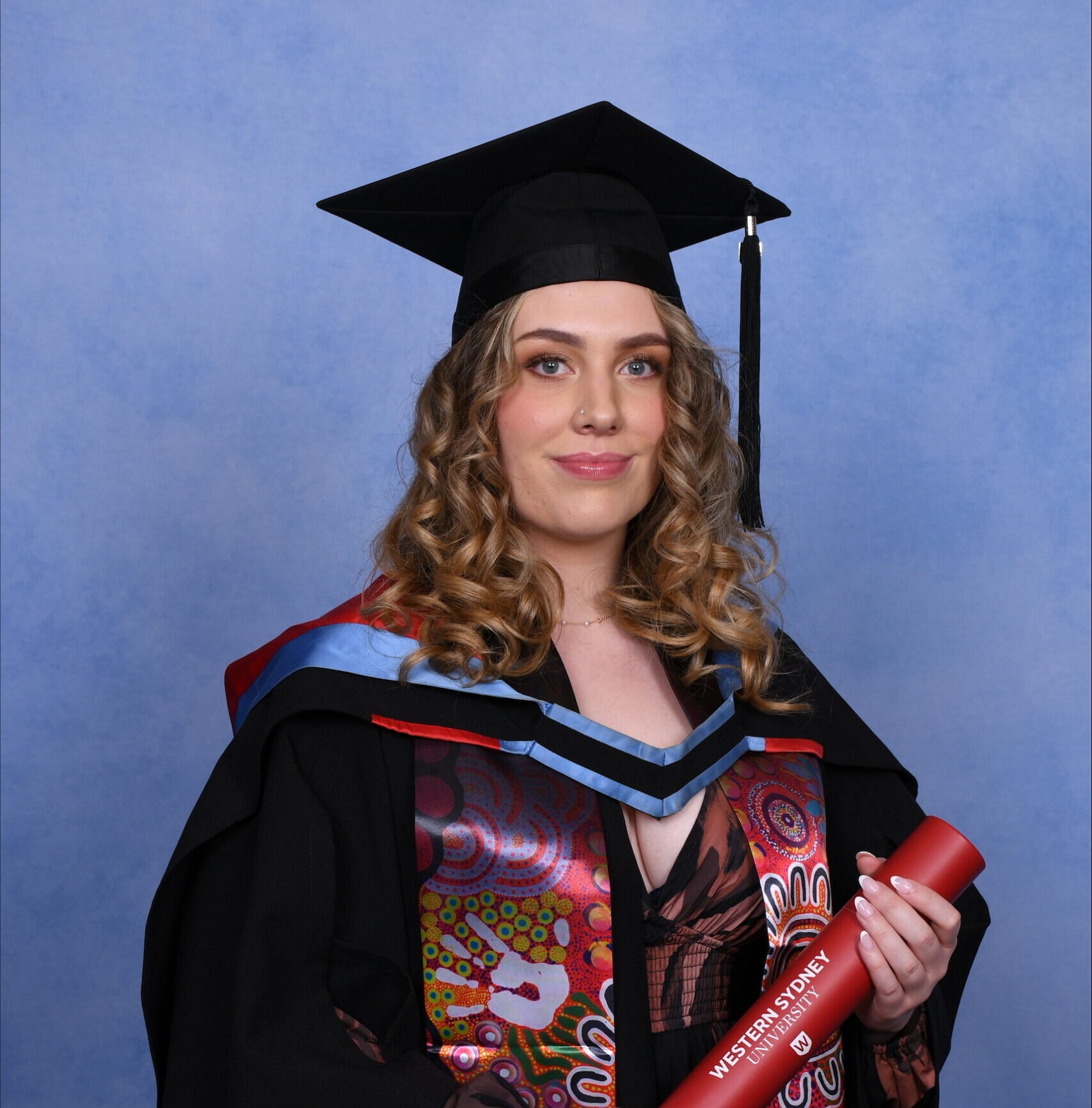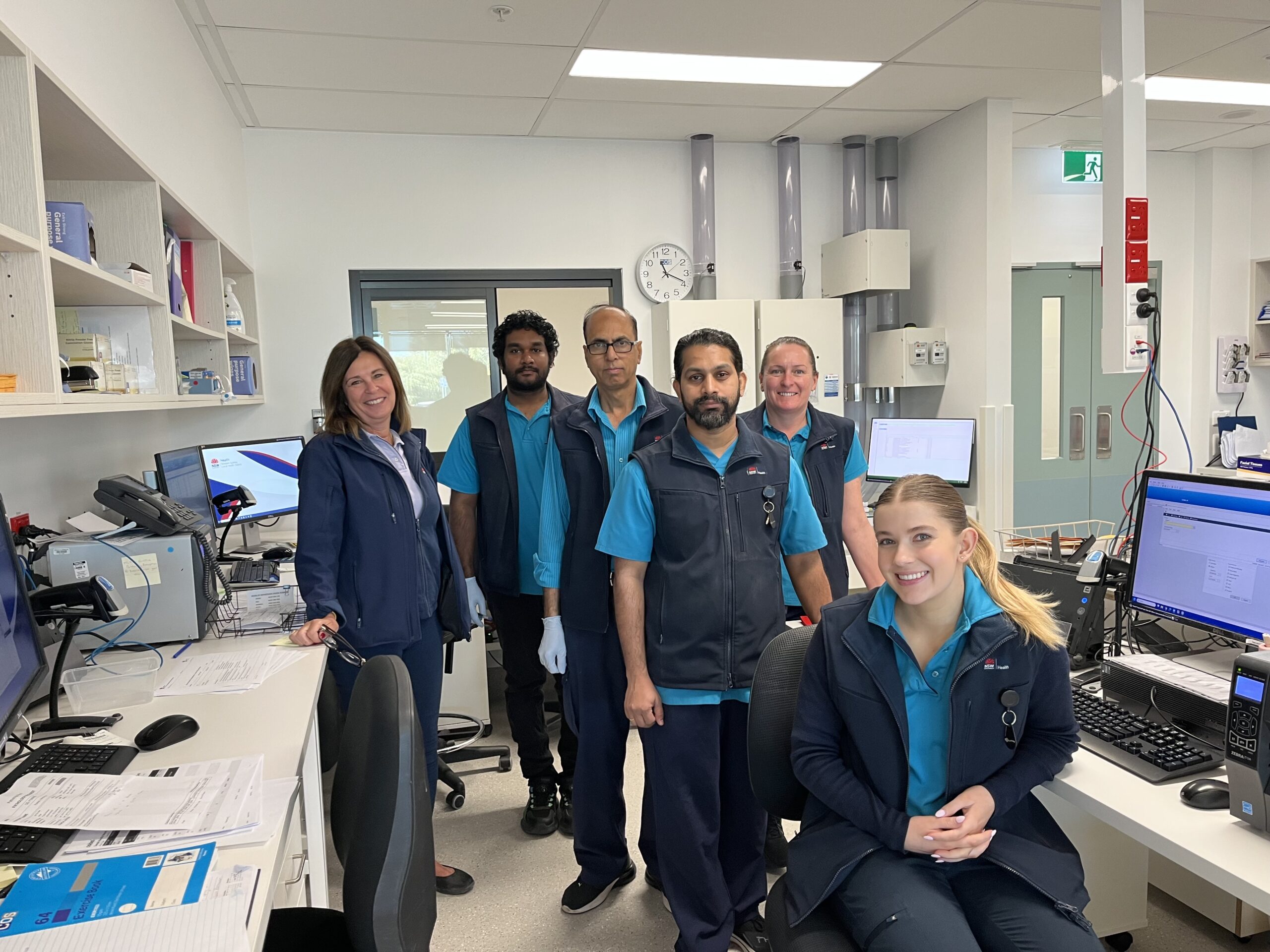Media Contact
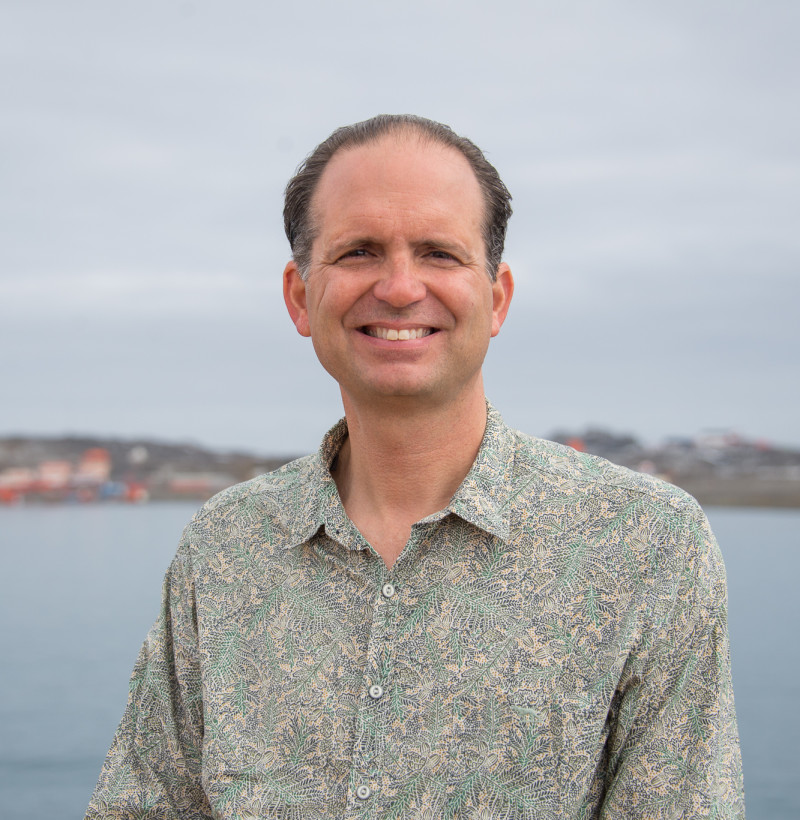
A massive congratulations to our very own Professor Edwin Kirk, appointed a Member of the Order of Australia (AM) in the 2023 Australia Day Honours List.
Professor Edwin Kirk was sneaking in a quick check of his work emails while on a family holiday when he found out he was to be appointed a Member of the Order of Australia (AM) in the 2023 Australia Day Honours List.
He said he was startled and delighted in equal measure at the honour.
“I had felt a bit guilty about checking my email – but when I saw that particular message, I was very glad that I had!” he said.
Professor Kirk works in the NSW Health Pathology Genomics Laboratory at Randwick and is both a clinical geneticist and genetic pathologist – a rare combination.
He has been recognised for his significant service to genetic pathology and clinical genetics, and to medical research.
Among his many achievements and appointments, Professor Kirk is currently co-leader in a ground-breaking national reproductive genetic carrier screening study known as Mackenzie’s Mission.
In recent years, thousands of Australian couples taking part in the study have been screened for about 750 severe, childhood-onset genetic conditions, giving them information about their likelihood of having a child with any of these genetic conditions.
Prof Kirk credits Rachael and Jonny Casella for their tireless advocacy in making the project possible. Mackenzie, after whom the project is named, was their daughter.
“When we started Mackenzie’s Mission, the goal was to bring carrier screening to all Australian couples who wish to access it, free of charge,” Prof Kirk said.
“That remains the goal, and we are still working towards it.”
Prof Kirk said he jumped at the chance to work in genetics after completing his initial clinical training in paediatrics.
“I noticed that wherever I was working, any time there was an interesting or challenging diagnostic problem, the geneticists were called in,” he said.
“This was in the early to mid 1990s and even then it was obvious to an outsider that the pace of discovery in genetics was rapid and accelerating. It seemed like a field full of possibilities.”
Prof Kirk has authored or co-authored more than 125 scientific publications during his two-decade long career in genetics.
In 2020 he published a book “The Genes That Make Us: human stories from a revolution in medicine”, in which he shares experiences and anecdotes from his career, while recounting the history of genetic medicine and exploring its future potential.
“Our ability to make diagnoses in children with rare genetic conditions is dramatically better than when I started; this is very rewarding, both in the lab and at the bedside,” he said.
“A diagnosis can have a very large, positive impact for a family in all sorts of ways.”

